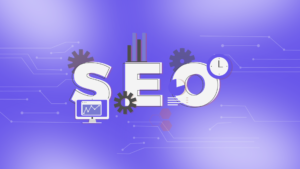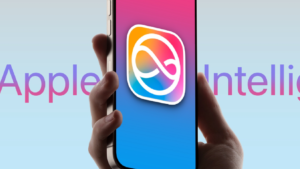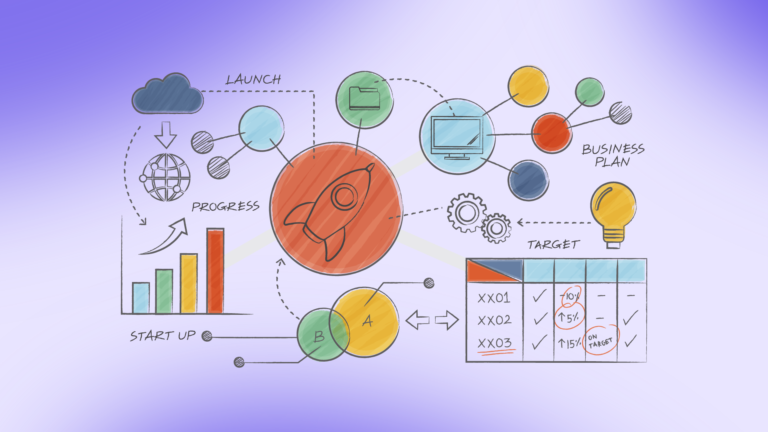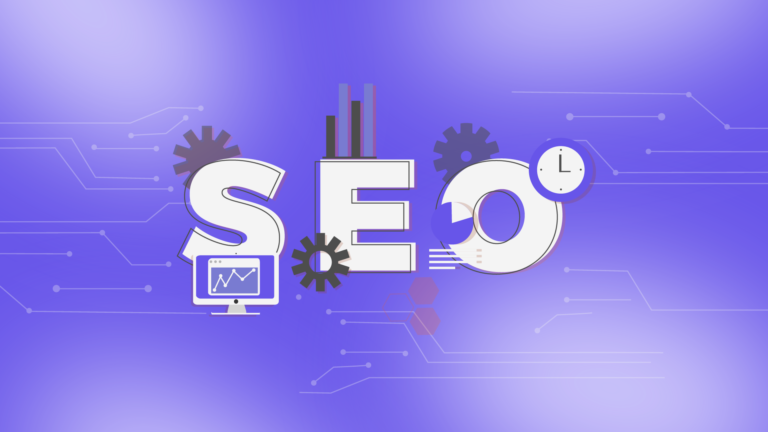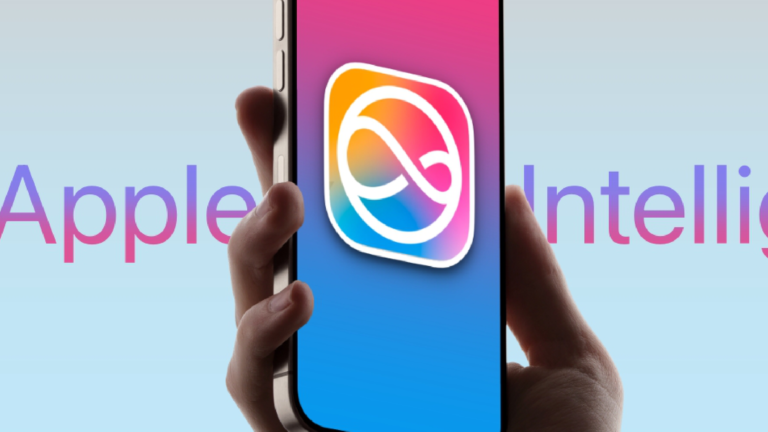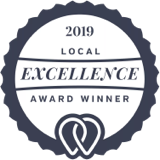First, where did it go wrong?
When searching for a new agency, you have to start asking yourself where the partnership with your current agency went wrong. Keep in mind that each medal has two sides. Dare to be critical of your own input. If you know that you are working in a difficult or demanding organization, state this in your briefing. You cannot do this hoping that you will get cheaper offers, you can expect then you future conflicts by doing this. At KIWI we have experience how to deal with “difficult” customers. In advance, we build in additional time and provide more feedback moments in the project. There is nothing wrong with doing that and eventually good for the cooperation.
In any case, it makes no sense trying to keep the price low, by not mentioning things in the selection phase. That ultimately only leads to conflicts. I understand that it is very awesome to say that friction gives shine, but my experience is that good cooperation leads to trust in each other and that leads to better projects.
What are you searching for in a new partner?
Asking yourself what you are looking for in a new partner seems obvious. But my experience is that many companies hardly think about this. Every agency has its own specific expertise, so you can easily have your own pre-selection based on that. But in reality, it is rarely the technical skills where it goes wrong.
For the time being, just assume that the agencies you initially selected have the right competencies. You can find this out fairly easily in this exploratory phase by looking at the projects they have done and you can, of course, ask how many employees specialize in the disciplines you need.
Collaborations are made or broken by “soft” factors. Styles of communication, and in particular expectation management. After all, it is rarely the quality of the code that leads to problems. But it is precisely the soft factors that make it harder for your agencies to select. Just like in a relationship, it’s all about the “click”.
A while ago I had a conversation with a marketing manager who complained that our people were always “nagging”. It surprised me, because the people he was talking about, are excellent in customer focus and clear communication. Inquiring with the team gave a very different picture of the collaboration. I was told by the team that the client in question never listened to our advice, always knew better and demanded that our team developed things that weren’t in line with the GDPR. A classic example of a mismatch. Undoubtedly, “my” people are right and the marketing manager on the customer side had a valid point too. The problem is a different way of thinking about how you deal with personal data.
It is therefore elementary to have a number of real conversations when choosing an agency. Don’t let yourself be blinded by slick powerpoint presentations and smoothly chatting sales managers. Do not only ask about which projects an agency has in the portfolio, but also about the way in which those projects were established. How did the collaboration go? What was the critical moment in the project and how did they deal with it?
It is precisely these things that make the difference between an exciting tinder date with someone with an attractive profile and a date that is the start of a stable, loving relationship. Don’t get me wrong, you don’t have to be in love with your agency; ultimately you have a business agreement. But if you speak each other’s language, have the same norms and values, and find each other at least sympathetic, you will also be able to come up with good solutions in times when things are not going well.
Where is the complexity?
We always check whether a potential customer sees the complexity of his question himself. We always take this into account when considering whether we want to work together. Of course, we also consider if there is a match. If we notice that the project has no focus or that the potential client has barely thought about it, we will even start.
Developing a customer portal where all kinds of processes are supported is impossible for us without well-documented processes. If we notice that a potential customer is not concerned with this at all, but ‘just want a portal’ because someone in the organization has called it, we will ring all alarm bells.
Where necessary, we can help to map the processes. No problem. But if a client does not understand the importance of the project we are working on and is therefore not involved at all, the escalation conversation can already be scheduled, because that always goes wrong.
Finally: what knowledge and skills are you looking for?
And the last question: what knowledge and skills do you need for your project? I am really surprised how often we get questions about technical skills that – to be really honest – you may expect that every serious digital agency has. If you want to know for sure if an agency has the required knowledge and skills, look closely at the projects they already have done. This gives the most important indication.
It seems very impressive if an agency has a solid number of experts, advisers, or consultants, but if those experts outsource all technology abroad, the project consists mainly of communication instead of programming. If projects have a strong technical component, as a client I would definitely like to have a short conversation with the programmers.
Personally, I would never agree to a project unless I had conversations with a number of programmers of the agency. The great thing about programmers is that they hardly have any ‘sales’ skills. You, therefore, know in no time whether they are really capable. Every consultant can sign a link between two software applications. That is simply a line in a schedule. A programmer looks at it very differently. The feasibility of a project is very different for a technician than for a consultant. It is ultimately the balance between both worlds that you will have to figure out.
Conclusion
Ask yourself the following questions during the selection process for a new agency:
- Self-reflection: who am I and what is my own role in ending the collaboration with the previous agency?
- Collaboration: does the new agency can handle our business culture, and can it understand our digital goal?
- Content: what do I actually want and what is the complexity?
- Skills: does the agency have all the technical knowledge in-house and can they handle it in practical terms?
I hope that I make a small contribution to the realization of great digital projects. The digital world has so much the offer, it would be a shame if we don’t use it!









